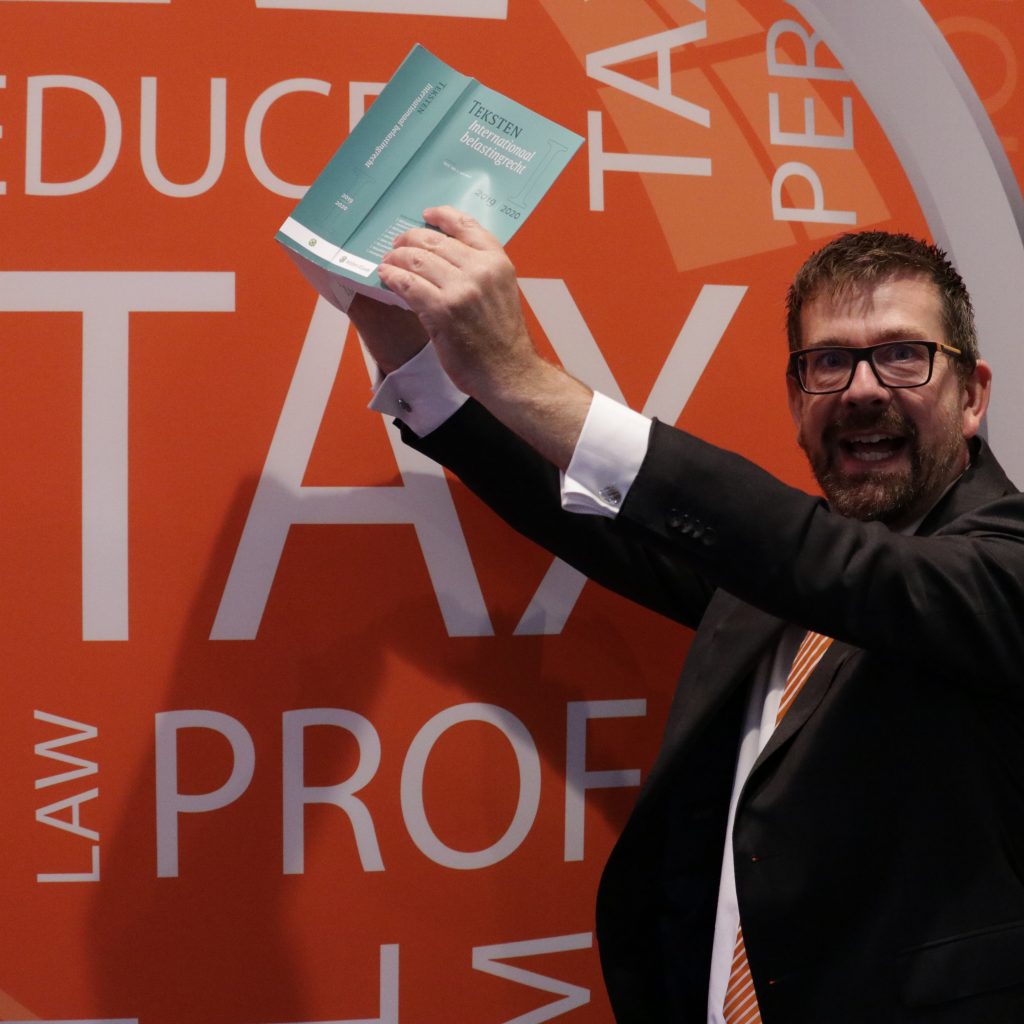Low income high dividend is a model frequently address by mainly UK entrepreneurs. That is not the Dutch model. How does this work?
Low income high dividend
If you are the entrepreneur holding all the shares or at least more than 5% of the shares in a BV company, you are the managing director shareholder. If you are the director, you are the boss. Being the boss implies you can do as you like. The boss can decide to put in a low salary and a high dividend. But are you the boss?
You might be the boss, but the tax office is in charge in this field and puts in requirements for minimum salary of a director shareholder. The rules are simple, your salary cannot be less than EUR 46.000 (2020). Or not less than 75% of the salary what a person earns in a similar type of job who does not have shares in the company. As if we Dutch share this information.
Only if the company is a loss making company for the last couple of years, there is no minimum salary requirement. If you can proof the profit does not allow to pay this salary, you need to substantiate that. Draining the company via a current account is not a low income company, you simply paid your net salary via the current account alternative.
If you are a so called startup company, under conditions you do not need to comply with the minimum salary requirement.

Why a low income high dividend?
The thought is that salary income is taxed in the Box 1 tax rate that starts at 37,35% and moves up to 49,5% from roughly EUR 69.000. Dividend however is only taxed at 26,25%. You would imagine that this is substantially lower, but is it?
In order to pay yourself a dividend, you first need to make a profit in the company. The corporate income tax rate is 16,5% up to EUR 200.000 profit and EUR 25% from EUR 200.000. Let us assume you made a EUR 100.000 profit, then you pay 16,5% corporate income tax being EUR 16.500, hence EUR 83.500 is left to spend on dividend at 26,5% being EUR 22.128. That implies from the EUR 100.000 profit you receive net in your hand EUR 61.372, that is a 38,62% tax rate. That is strange, the normal tax rate is marginal lower.
Maybe then the EUR 100.000 was not the correct example, let us assume EUR 200.000 profit, then your net after corporate tax and dividend tax is EUR 122.745. That is a 38,62% tax rate. That is also higher than the Box 1 37,45% first bracket tax rate. Would it be an idea to first fully consume the Box 1 first tax bracket rate and then move to dividend? So you pay yourself EUR 69.000 salary, you have EUR 200.000 minus EUR 69.000 is EUR 131.000 profit left over. That is strange, if you take this fiscal optimal route, you already comply with the minimum income requirements. The bottom line is EUR 46.000. In this example the salary is EUR 69.000 and that could already be the 75% salary of a person in a similar position who has no shares in the company.
Is the low income high dividend outdated? I think very much.
Why is this forbidden?
The low income high dividend is forbidden in line with the Dutch socialistic thought. We think that if you earn well, you should bear more burden of the costs of society than if you are earning much less to nearly nothing. We find that logical, even though when time comes, it is not pleasant. If you then have low or no income, you are regarded poor. If you are poor, you have a rent tax credit, health care tax credit, child care tax credit. But you are not poor, you just received a huge dividend. Hence the Dutch Government finds it important to put it in perspective, therefore the minimum income requirement has been set.
Downside of low income?
There is indeed a downside to low income. If you have a low income, you have a low loaning capacity. Maybe now you are not interested in the low loaning capacity, but more in the low tax rates. However, if you like to purchase a house, car or boat in the next three years, the bank will check your income over the past three years. The bank could come to the conclusion you re income is not good enough for the house, car or boat. The information that you pay yourself a substantial dividend is not relevant for the bank.
Tax-is-exciting
We think tax is exciting and the minimum income requirement is one that tempts our excitement. The minimum income requirement demand is a dimension aspect that has not only tax consequences but also reflects on non-tax matters that might be important to you in life. Therefore we suggest to comply, of course, in balance with regulations and the financial need of the client.
Sorry for the dashes in the middle of the word tax-is-exciting. Apparently mr google has a dirty mind and sees only a three letter word that we refer to when we practice to reproduce ourselves. Anything related to that word is spam, hence this devout solution.





